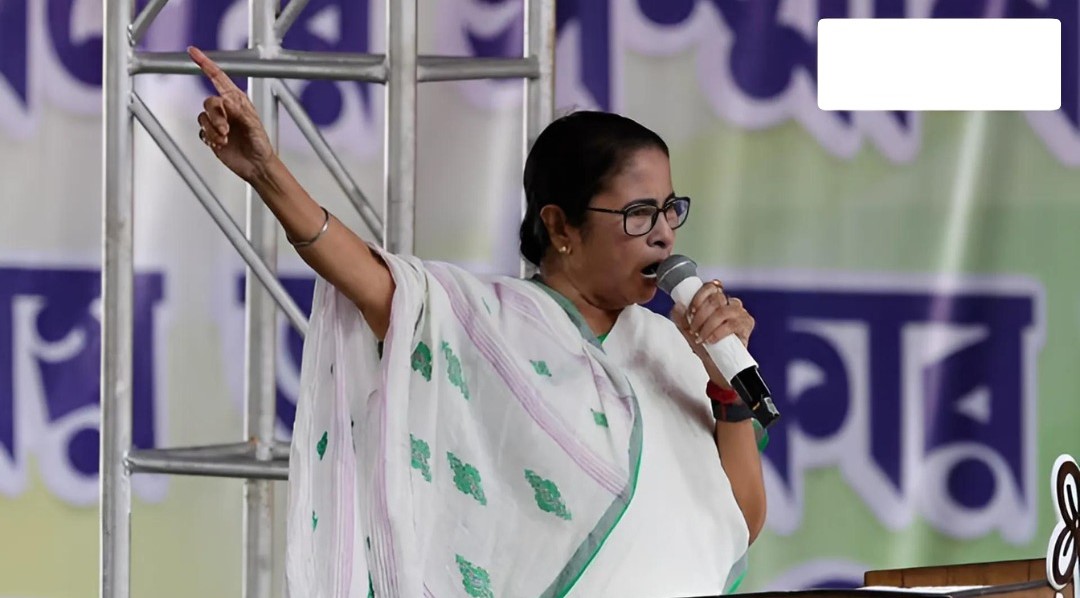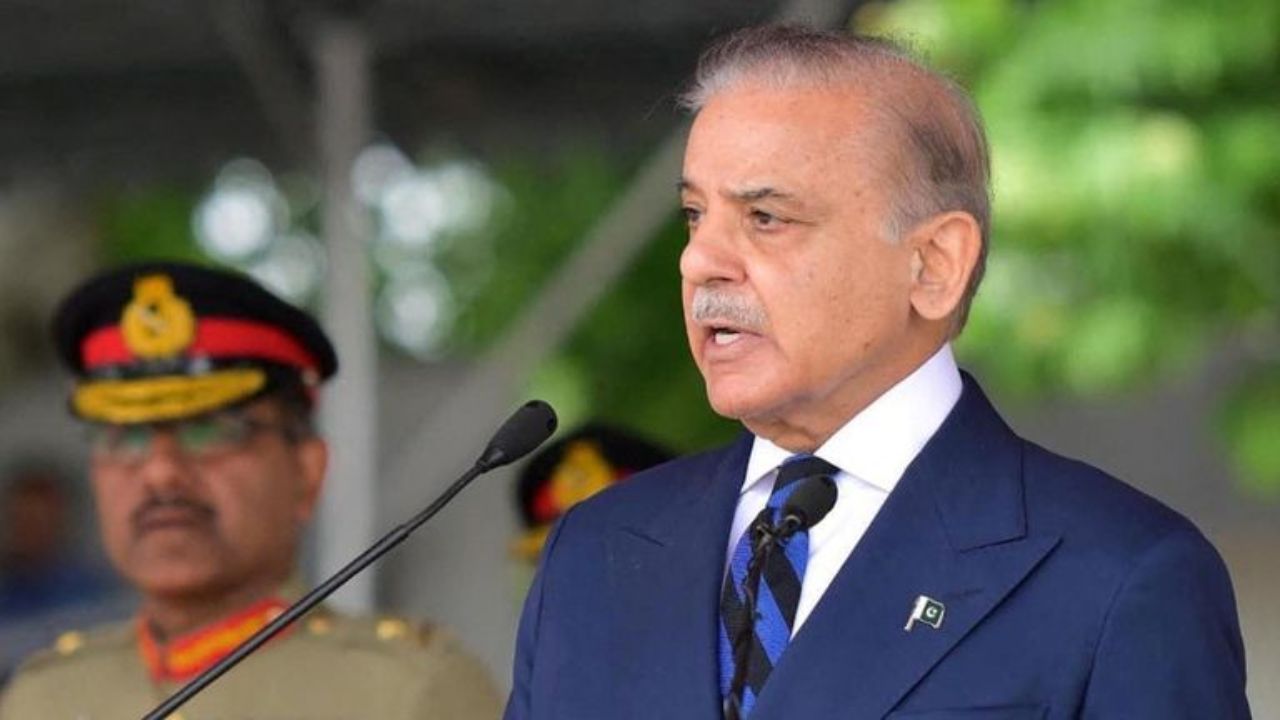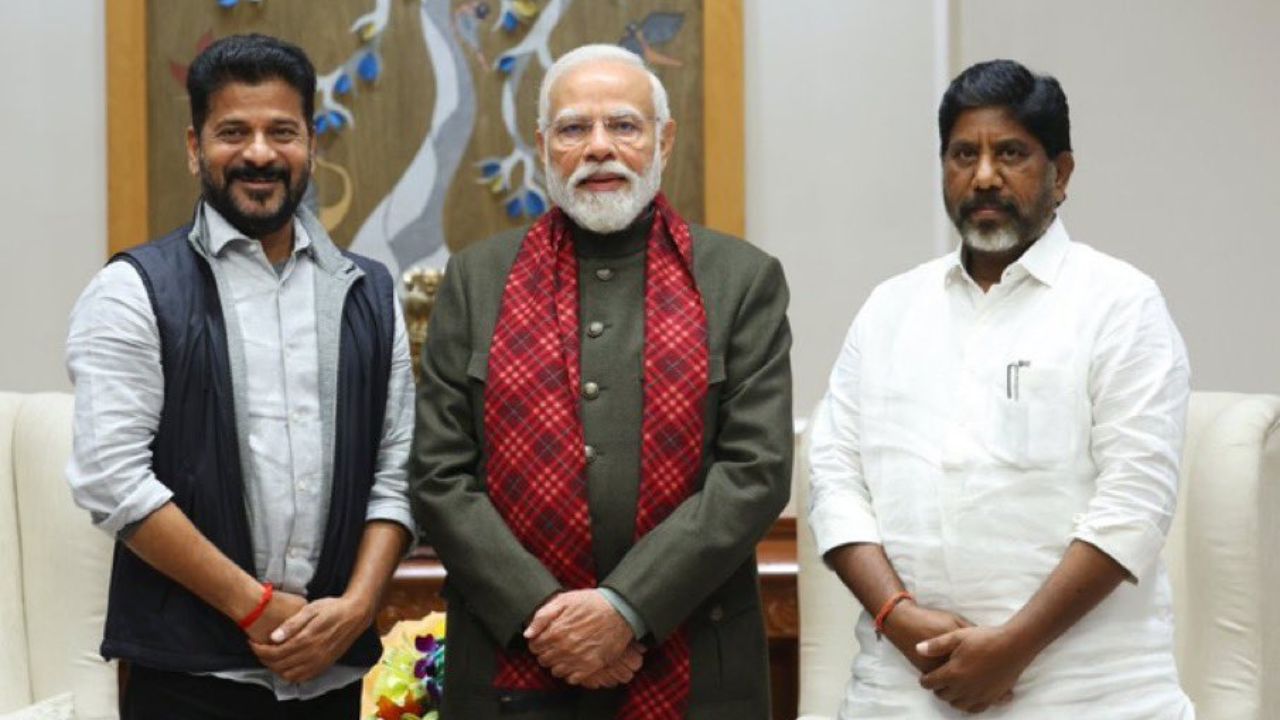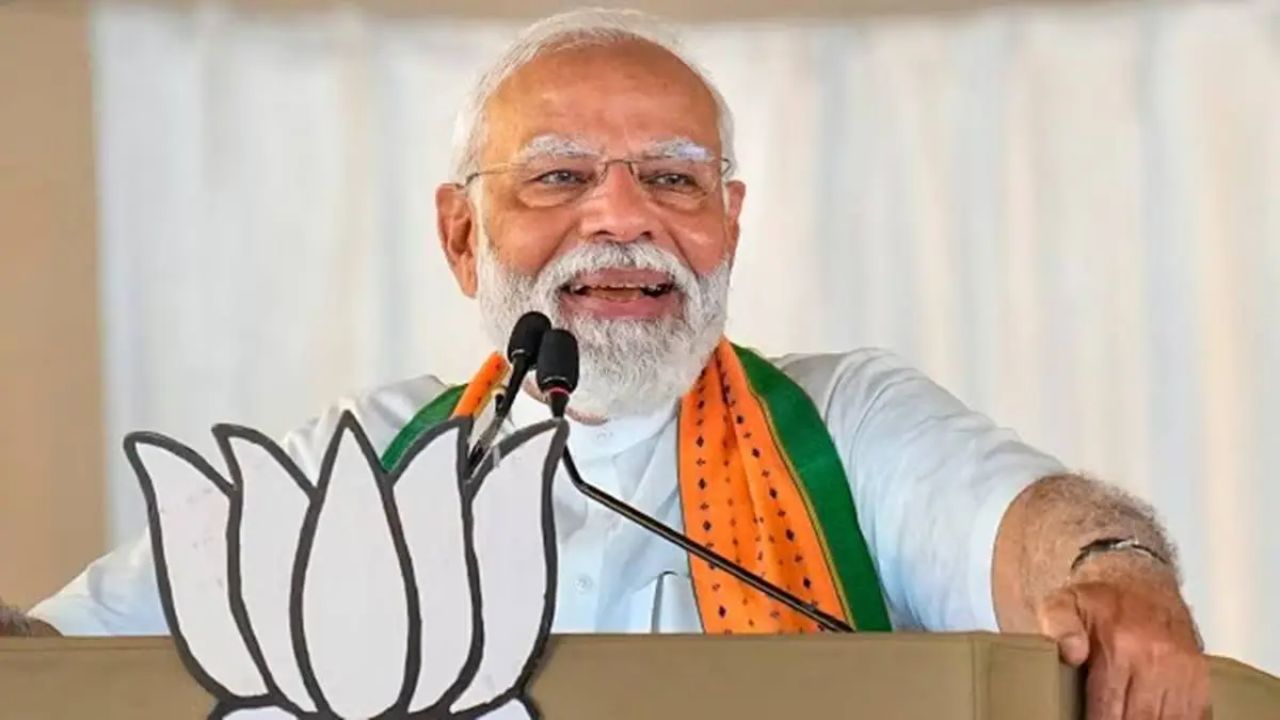Facing intense backlash over the Kolkata rape-murder case, Mamata Banerjee struggles to balance the demands of the Opposition and growing public protests.
As protests continue to rage across West Bengal over the rape and murder of a young trainee doctor at Kolkata's R.G. Kar Medical College and Hospital on August 9, Chief Minister Mamata Banerjee and her

As protests continue to rage across West Bengal over the rape and murder of a young trainee doctor at Kolkata’s R.G. Kar Medical College and Hospital on August 9, Chief Minister Mamata Banerjee and her Trinamool Congress (TMC) are grappling with the fallout. The incident has shaken the state, igniting widespread demonstrations by doctors, students, and civil society members, as well as activists from opposition parties like the BJP, CPI(M)-led Left, and Congress. These groups are demanding justice for the victim and greater safety for women, while junior doctors at state-run hospitals have extended their strike for three weeks.
In the wake of the August 9 tragedy, Mamata Banerjee has struggled to navigate the escalating crisis. Protests have taken on a political dimension, leading to sporadic violence and clashes, particularly during the “Nabanna Abhijaan” march to the state secretariat organized by a lesser-known student group, Chhatra Samaj, and a 12-hour bandh called by the BJP. Amid this turmoil, Mamata has toughened her stance, though she faces a precarious path ahead. Known for her combative approach, the TMC leader has previously outmaneuvered the BJP in state and national elections, pushing the Left and Congress to the sidelines.
After several days of silence, Mamata responded forcefully on Wednesday during the foundation day event of her party’s student wing, TMC Chhatra Parishad. Sharing the stage with her nephew and TMC’s second-in-command, Abhishek Banerjee—who reportedly disagreed with the state’s handling of the rape-murder case—Mamata launched an attack on her political rivals, particularly the BJP. However, she refrained from criticizing the protesting doctors, students, or ordinary citizens.
Her remarks about the potential spread of unrest from neighboring Bangladesh to other states like Assam, Bihar, Manipur, and Odisha drew sharp criticism from BJP-ruled states, yet Mamata remained undeterred. What appeared to concern her more was the reaction from junior doctors, who viewed her comments as a “passive warning.” On Thursday morning, Mamata issued a clarification, emphasizing her support for the doctors’ and students’ movements for justice and security. In a detailed statement on social media, she dismissed allegations that she had attempted to intimidate the protesters.
“I did not say a single word against the students or their movement,” Mamata clarified. “I fully support their cause. The accusation that I threatened them is entirely false.” She reiterated her criticism of the BJP, accusing them of trying to destabilize the state with the backing of the central government. Mamata also explained that her reference to “phonsh kara” in her speech was a quote from the revered saint Sri Ramakrishna Paramahansa, symbolizing the need to raise one’s voice against injustice.
Addressing the striking doctors at the TMC Chhatra Parishad event, Mamata urged them to return to work, noting that her government had refrained from taking action against them because their movement was justified. She contrasted this with the situation in Delhi, where an FIR was filed against doctors on strike. Despite the Supreme Court’s ruling that the state had the authority to act, Mamata expressed her reluctance to do so, stressing the importance of preserving the careers of the doctors involved.
Mamata’s statement, however, failed to quell the protests. A junior doctor responded defiantly, stating that their movement would continue until justice was served. Meanwhile, opposition leaders seized on Mamata’s remarks to criticize her government. BJP leader Suvendu Adhikari accused Mamata of threatening the medical students and junior doctors, while Congress leader Adhir Chowdhury and CPI(M) leader Sujan Chakraborty dismissed her comments as ineffective attempts to intimidate the protesters.
The controversy surrounding Mamata’s response to the incident has intensified, with the opposition continuing to hold her accountable for the state’s failure to protect women and uphold democratic protests. Despite her efforts to clarify her position, the political and social unrest shows no signs of abating.




